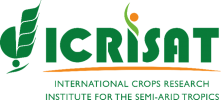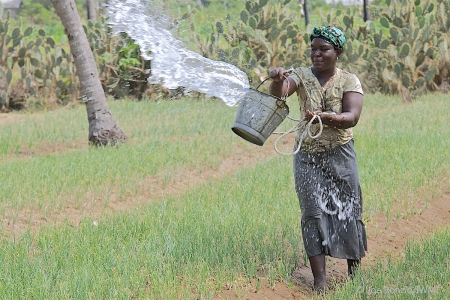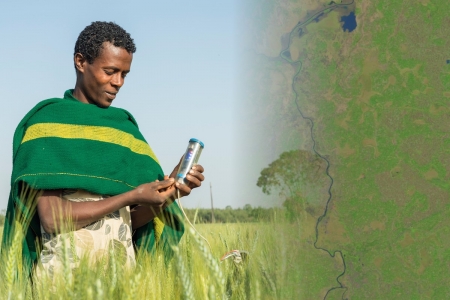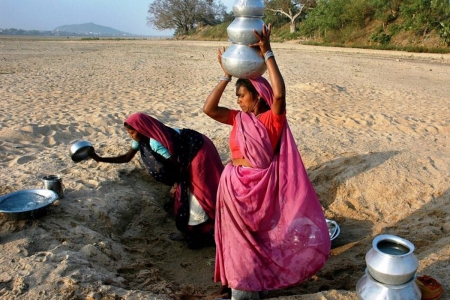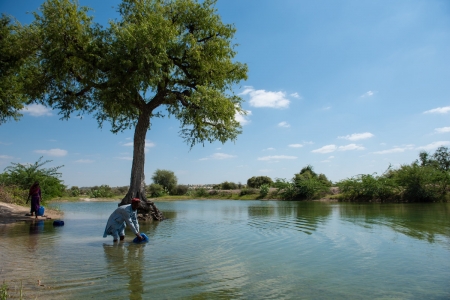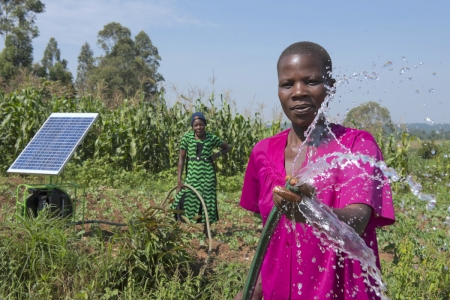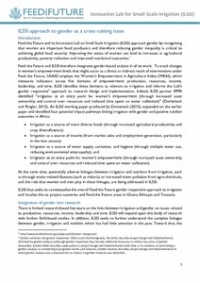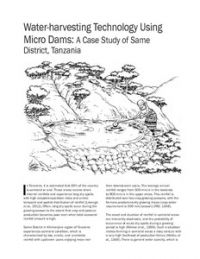Integrated Watershed Management (IWM) has emerged as an important and successful strategy for conservation and efficient use of available but often scarce resources. IWM,the process of managing human activities and natural resources on a watershed basis and, in agricultural areas, typically involves development and deployment of different soil and water conservation practices at selected locations in the catchment (e.g. terraces, contours, exclosures, soil bunds, revegetation of hillsides, furrows, ridging, rainwater harvesting, small reservoirs). Despite many successful IWM initiatives, there is a lack of systematic documentation on how these initiatives are contributing to productivity and environmental sustainability and how successful interventions can potentially be out scaled to other areas. The team has planned to 1) develop various rainwater management scenarios in the dry mountainous areas and dryland lowlands adjacent to highlands and convert it to productive use and 2) assess the effect of landscape positions in fertilizer crops responses under varying rainfall patterns and cropping systems.
menu

